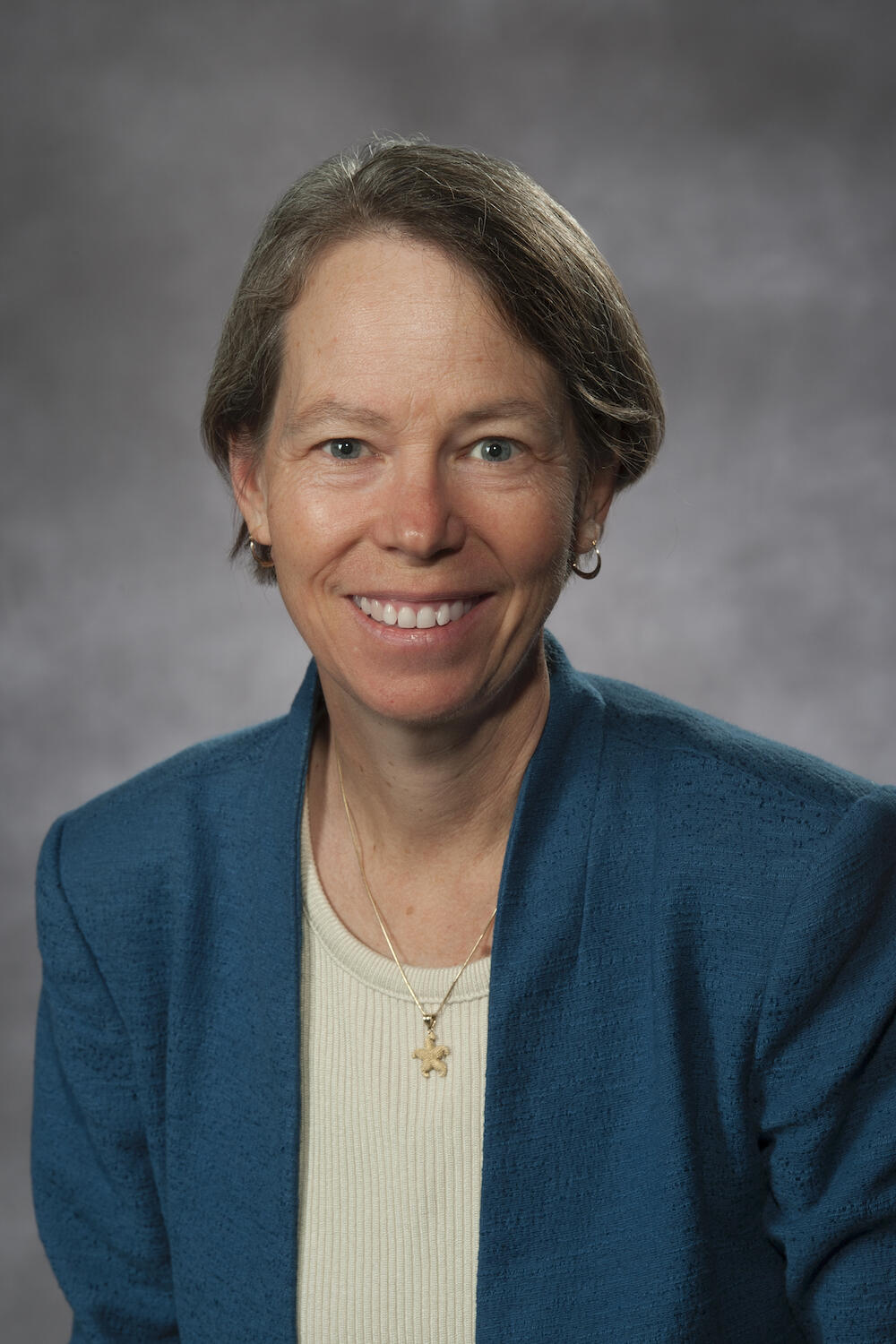
Dec. 13, 2019
Experts say documenting students’ successes and struggles could help medical schools act on problems sooner
An aversion to failing out medical students can present problems down the line. Better data on student performance could be a solution, VCU faculty members write in a New England Journal of Medicine article.
Share this story
Doctors in the U.S. go through rigorous training in medical school and residencies to ensure they are prepared to treat patients. But some medical schools struggle to address issues with students who may not be well-suited for medical practice.
This rare — but significant — phenomenon of medical schools advancing students with recurring behavioral or academic issues is the focus of “Kicking the Can Down the Road — When Medical Schools Fail to Self-Regulate,” a Perspective article published Dec. 12 in the New England Journal of Medicine by authors from Virginia Commonwealth University and two other institutions.

Lead author Sally Santen, M.D., Ph.D., senior associate dean of assessment, evaluation and scholarship and professor of emergency medicine in the VCU School of Medicine, writes that medical schools need to recognize this problem and address these situations before graduation.
Her co-authors include Jennifer Christner, M.D., dean of Baylor University’s School of Medicine; George Mejicano, M.D., senior associate dean for education at Oregon Health & Science University’s School of Medicine; and Robin Hemphill, M.D., chief quality and safety officer at VCU Health and professor in the VCU Department of Emergency Medicine.
“We want students to be successful, and we want them to graduate, and we really work very, very hard to make them successful in that way,” Hemphill said. “But we are also supposed to be thinking about the long-term health and happiness of patients. Somehow, we have to do a better job of balancing both.”
VCU School of Medicine Dean Peter F. Buckley, M.D., said he is grateful for the contributions to the national dialogue that Santen, Hemphill and other School of Medicine educational leaders continue to provide through this publication and at professional conferences, including a recent Association of American Medical Colleges annual meeting.
“VCU has a long tradition of excellence in medical education,” said Buckley, who also serves as chair of the AAMC Council of Deans Administrative Board. “I am delighted to now also see our faculty providing authoritative commentary on national issues in medical student training.”
Santen said she hopes medical schools nationwide will take steps to improve their processes for documenting student progress. VCU News interviewed Santen about medical schools’ struggle to dismiss students with recurring behavioral and academic issues and what could be done about it.
How did this article come about?
The article came about through conversations on how medical schools handle rare cases of students who are perhaps unprofessional or not quite academically up to par. There are five reasons we think medical schools struggle to address these cases, and by identifying the reasons, we can address the problem:
Physicians are educated to have this compassion for their patients and their students, and so they are often not willing to give up and say there’s a problem.
The second is the reputation of the school. If the school dismisses a bunch of students, they can get into trouble reputation wise, but also in terms of accreditation.
When students get dismissed, they end up with a substantial debt. They may leave with $100,000 in student loans that they can’t pay off because they don’t have a degree. And schools are always incredibly wary of legal repercussions, where lawyers get involved or the administrators are involved.
But the one that I care about the most is the data issue. To make these really high-stakes decisions, there needs to be adequate, reliable, trustworthy, valid data to say, “We really think the student cannot go on,” and there is not good data. Often the final decision maker doesn’t actually know the student and the details. So they look at the case and they say, “Well, there’s just not enough data. How could you possibly dismiss somebody in their fourth year?” The decision makers are often separated from the process, which can be good and bad. We need to have good data and then the courage to make these tough decisions.
You talk about strategies to address this. What are some of the strategies that you’re proposing?
The purpose of this was to get medical schools to do something. The first strategy, for compassion, is to recognize it. Sometimes we will have bias because we care about the student. We need to separate ourselves from that compassion for the student and make decisions based on the safety risk of their future patients.
For reputation, I think we just have to not worry about it and hope that if we start dismissing students who aren’t performing to our standards, the accreditation institution will say it’s OK.
For student debt, if a student does not succeed, could we just waive the debt? Some schools are doing what they’re calling a “compassionate off-ramp,” where students are getting a master’s degree. VCU does not yet have that in place, but a number of schools do.
Legally, schools are afraid of being sued, but they rarely lose. So while they’re afraid of losing, I think it’s more that they’re afraid of the stress of the legal part of it. I think we need to recognize the process is difficult, yet move forward when necessary.
And then the data piece: I think we just have to be really intentional about having better data. And that means that every faculty member, every person in contact with a student, has a responsibility to document if there are issues, both in the positive, documenting excellence, and in the negative, documenting professionalism problems, so that we have better data.
What kinds of research did you use to come up with this article?
My doctoral dissertation was looking at the medical school promotion committee documents and records for students who got into trouble once they were in practice. Practicing physicians get in trouble by having problems with their state medical boards. It’s a sanctioning process.
I went through a decade of students from one school who had state medical board sanctions and the files of their cohort of students. I studied these to see whether the decision-making committee for promotion of medical students identified them while they were in medical school so that they could have actually stopped the process.
I found a significant but very small correlation, which means that for some of these students with professionalism issues, the medical school’s promotion committee probably could have acted but did not. It was statistically significant but still small.
It’s a data issue in that, if you documented every time that something like unprofessional behavior happened, you would have a lot stronger data and be able to act on it better.
How prevalent is this phenomenon?
Rare. Maybe one or two students a year per school that you could be certain about. There’s a small group where we can clearly document unprofessional behavior, so there’s probably 2% or 5% of students who may be at risk, but you really don’t know.
Do you have any recommendations for what a patient could glean from this article?
I think it’s important to recognize that this is a rare event and that there are additional structures in place at every level to monitor the competency of physicians and protect patients. Those include residency training: Some people have attrition or fail out of residency training. Then there is credentialing within each hospital. Then there’s board certification. And then finally there are board sanctions.
Should I, as a patient, be worried that my doctor shouldn’t have been a doctor after all?
These cases are rare; however, we think that during that period where the provider has not yet been found, there is risk. However, there are structures in place to address it. We think we need to recognize these folks sooner, and it is the reason that we wrote the article.
Subscribe to VCU News
Subscribe to VCU News at newsletter.vcu.edu and receive a selection of stories, videos, photos, news clips and event listings in your inbox.












